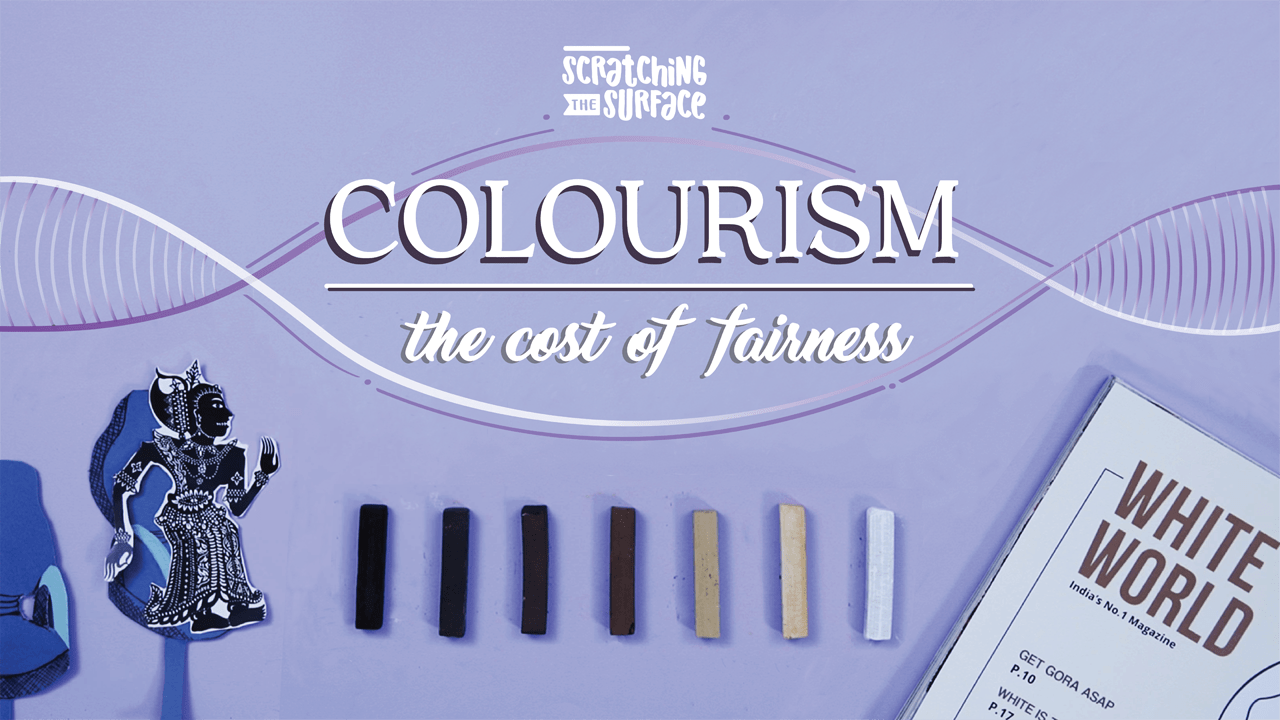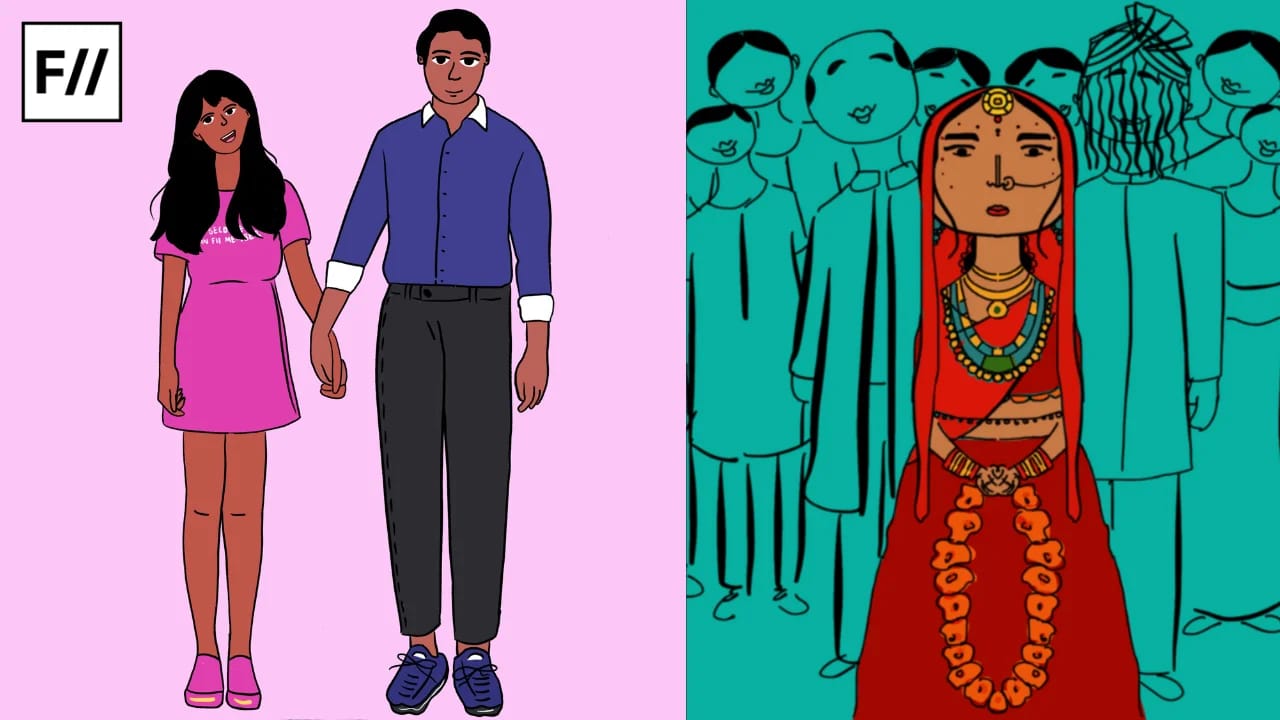Colourism is the bias against dark skin tones that views white skin as the ultimate benchmark. In India, the obsession with white skin is so widespread that over 90% of women cited it as a high need area, the fruit of which is being enjoyed by the 10 billion-dollar fairness industry. So what is the deal with Indians and fair skin, and how much are they actually willing to spend on it? Vitamin Stree took a closer look in this episode of Scratching The Surface.
Ancient writings and scriptures suggest that earlier, dark skin was considered beautiful until the Aryans came along. Enter the British and colourism took on a whole new angle of discrimination. The English looked down at the dark-skinned people and this is not just something that happened in America. Centuries of oppression conditioned us to believe that white was really superior and this is what cemented our obsession with fairness. Today, from our family members to celebrities, everybody will tell us that we won’t find a job or get married if we aren’t fair. So, we feel a constant need, and pressure, to lighten our skin. How does this work?
From your grandmother’s home remedies to fairness creams, the common method of ‘achieving‘ fairness can cost an average Indian anywhere from INR 20 to INR 2000. Fairness creams consist of toxic chemicals like mercury and harmful steroids that can cause mercury poisoning, skin damage, liver problems and permanent pigmentation.
Spas and parlour treatments cost from about 600-10,000 and in-clinic treatments upto 2,00,000, with worst case side effects even making your skin peel off (Stevens-Johnson Syndrome).
The psychological effects of colourism are real, as are the physical side effects of trying to transform your skin colour. From bullying in schools to serious violence in the later stages, this bias can escalate to a sometimes shocking level. In 2016, Somera Bibi was burnt alive by her husband and in-laws to make way for a fairer bride, and this is just one of many instances that take place in our society.
On a positive note, products like these have been banned in many African nations. In 2014, the Indian government banned all advertisements that reinforce negative stereotypes based on colour. Change might be slow, but hopefully, it will come in all shades!
Also read: Un-Fair And Not So Lovely: Capitalism And Colourism In India
Follow Vitamin Stree on YouTube, Facebook, Instagram, and Twitter.
About the author(s)
Your dose of all things Indian, Urban, Women - not necessarily in that order.




